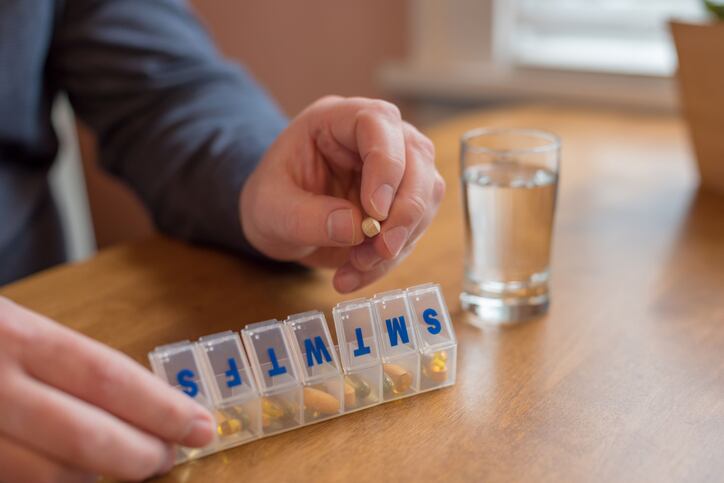A group of led by the Expert Nutraceutical Advocacy Council (ENAC) has suggested to adopt the “recommended daily allowance by tolerable upper limits (RDA by TUL)”, instead of adhering to “not exceeding the RDA for Indians” – a practice which has been in place since 2006.
The Ministry of Health and Family Welfare (MOHFW) issued a notification seeking comments and suggestions from the public and key stakeholders on the Food Safety and Standards (Amendment) Bill 2020.
The amendment bill has proposed new changes to the Food Safety and Standards Act, 2006.
About 70 amendments have been made, such as higher penalties for carrying out a food business without licence.
Speaking to NutraIngredients-Asia, Sandeep Gupta, chief founder and director at ENAC has urged the authorities to revise the amount of vitamins and minerals that could be put in a nutraceutical product – a topic that was not touched on in the amendment bill.
ENAC suggested to replace the phrase “in amounts not exceeding the Recommended Daily Allowance for Indians” in Section 22 (1) (a) to “Recommended Daily Allowance by Tolerable Upper Limits (RDA by TUL)”.
This is because the RDA by TUL concept of is officially determined by the Indian Council of Medical Research – National Institute of Nutrition (ICMR-NIN).
The permitted RDAs values for popular vitamins such as vitamin C and D is 40mg and 10 µg respectively for adults. The RDA by TUL system, on the other hand, recommends for an RDA of 2000mg of vitamin C and 100 µg of vitamin D.
In the same reasoning, the ENAC also proposed to change other relevant parts of the Food Safety and Standards Regulations 2016, especially under section 3 which stated how the quantity of nutrients shall not exceed the RDA.
To which, the ENAC has proposed to change it to “quantity of nutrients added…shall fall RDA with TUL as now officially determined by NIN/ICMR or as per WHO/FAO.”
Gupta added: “It is the right time, right moment, especially when during the pandemic when we know that these supplements [in the market] are not having adequate quantities of nutrients because of the recommended daily allowance challenge.
“We already have a tolerable upper limit established, so why not FSSAI adopt TUL?
“It is an emergency situation now, if you adopt TUL for developing new products, it means the consumers will get the right set of nutrients, right quantity of nutrients, which will help build their immunity,” said Gupta.
He added that doing so would also benefit certain parts of the population which have compromised immune system due to chronic diseases.
The Indian authorities have been enforcing the RDA for Indians rule lately. In June, health supplement firms have been threatened with enforcement actions if they fail to adhere to the permitted RDA limits for vitamins and minerals.
Aside from Gupta, the ENAC’s proposal submission was backed by Ganesh Kamath, director at Vital Neutraceuticals, ENAC’s expert panel, including Dr. R K Sanghavi, Dr Pradip Chakraborty, and Dr Anish Desai.
Penalty amount
ENAC also urged the authorities to adjust the increase in fines meted out to businesses without licence.
In the amendment bill, the authorities proposed to increase the existing fine of five lakhs rupees, which is IR$500k (US$6.7k) to twenty-five lakhs rupees, which is IR$2.5m (US$33.5k).
To which, the ENAC has proposed a fine of ten lakhs rupees, which is IR$1m (US$13.4k).
ENAC explained that this is because the penalty “cannot be enhanced by five times” at one go.
Gupta also pointed out that ENAC had suggested that no penalty should be imposed to the food business operator if they do not get the license even after 60 days of the submission of their application.
He explained that the delay in license approval was linked to a delay in the bureaucracy’s administrative processes and thus business operators should not be penalised.





